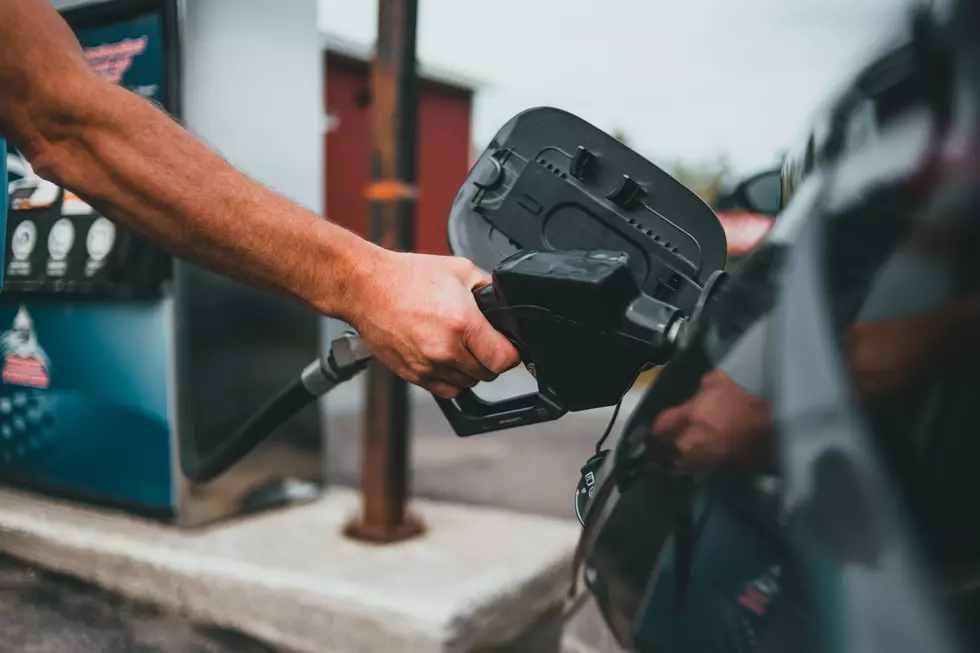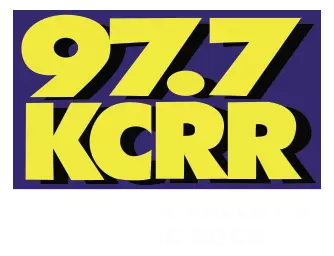
Iowa Gas Stations Are About To Look Different
After months of discussion and the state legislative session going into overtime, the bill that would mandate the sale of E15 fuel at fuel stations across Iowa is making its way to Governor Kim Reynolds’s desk.
...It's about compromise. It's about finding language that people are comfortable with and getting it across the finish line."
The bill also referred to as the Renewable Fuels Standards, was initially proposed last year but never made it through the session. Back in February, an adjusted version passed through the House. On Tuesday, a version that would allow 30 percent of smaller stations to opt out of the requirement passed through the Senate.
As the bill makes its way to the Governor, Iowa Renewable Fuels Association applauds its passage.
Every person in Iowa deserves the choice of higher blends like E15 and B20. It’s also a victory for Iowa leadership as this legislation is already being looked at by other states as a model for how to promote access to lower-cost, cleaner-burning fuels.

While many leaders are happy to see the bill passed, Republican says that having an E15 mandate violates the principles of free enterprise. He says in a Radio Iowa report:
I do support E15 in every way that I can, but I don't think it's the government's job to use their big club to make things happen.
Republican Senator Adrian Dickey has a history of owning fuel stores. While he voted for the bill he says that those who install these ethanol systems won’t profit from the investment.
I think when we get done with this bill, we should pass another bill that's a 'Green Tractor Mandate… We should mandate that every farmer uses a green tractor, a green planter, a green combine to put their crop in and take their crop out and the first response would be: 'Well, I'm not going to make any more money doing that. I'm not going to have any more yield doing that.' Well, exactly. It's the same scenario, but 'Green Tractors' are good for Iowa. We make 'em and we sell 'em in Iowa.
Stations that are exempt from the requirement must be a fuel site before January 1, 2023, sold no more than 300,000 gallons of gas on average annually from 2020 to 2022, and don’t replace their tanks.





